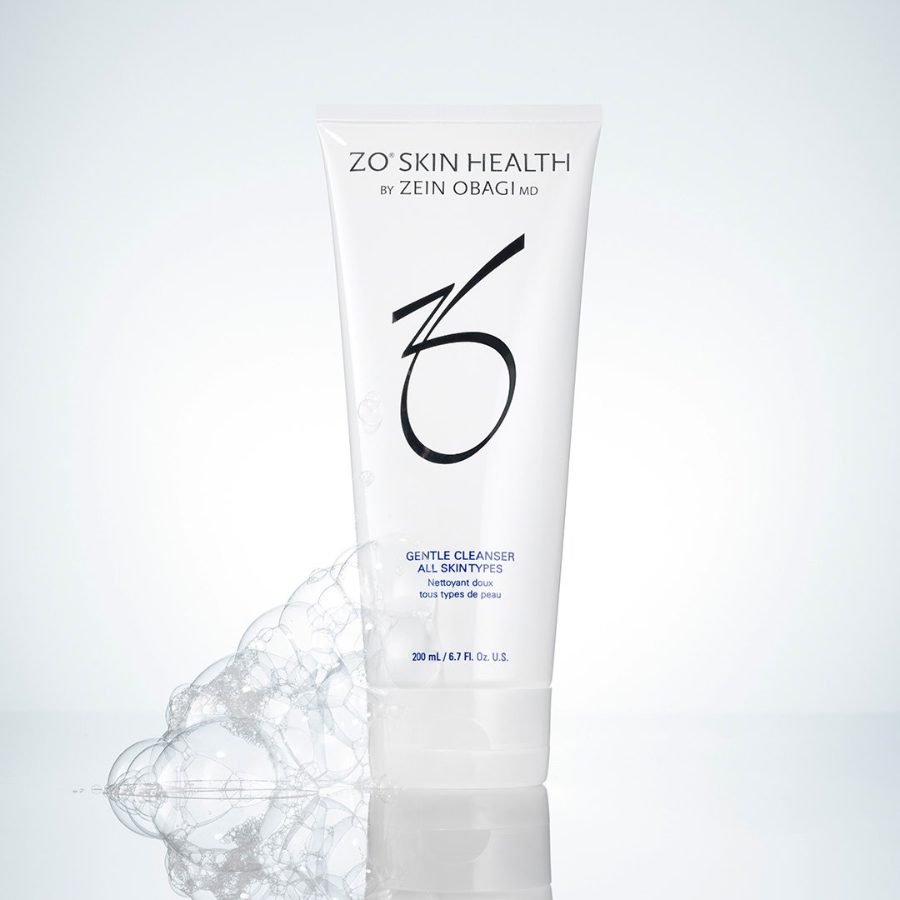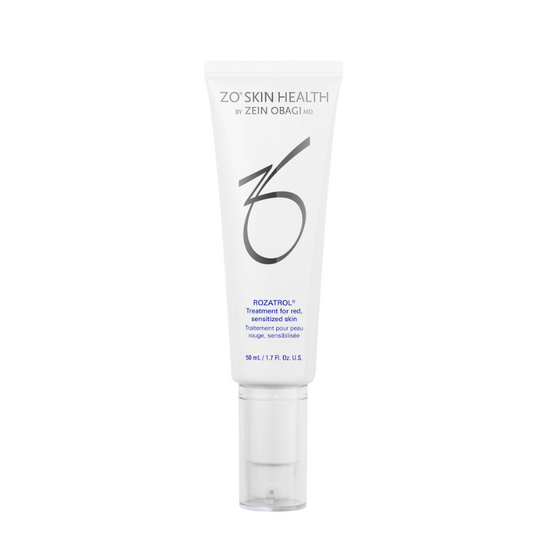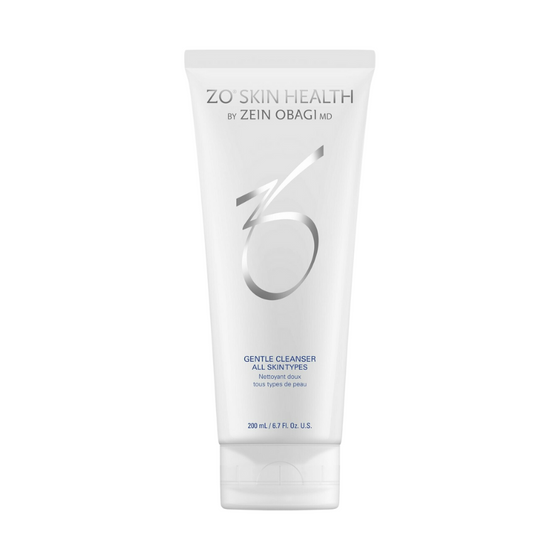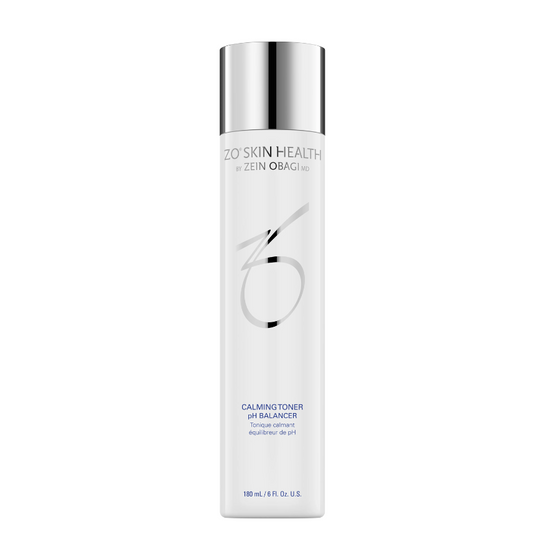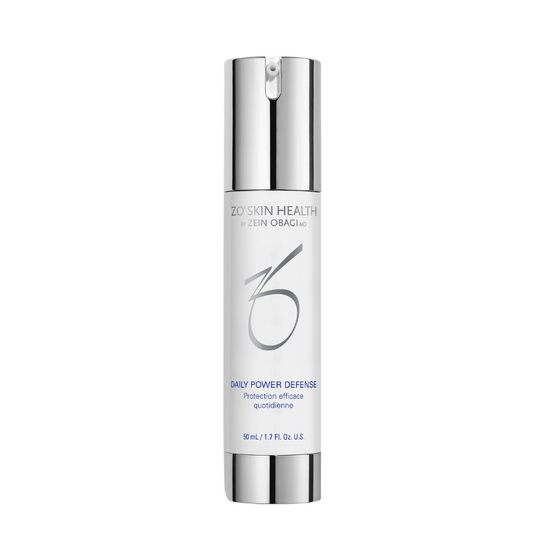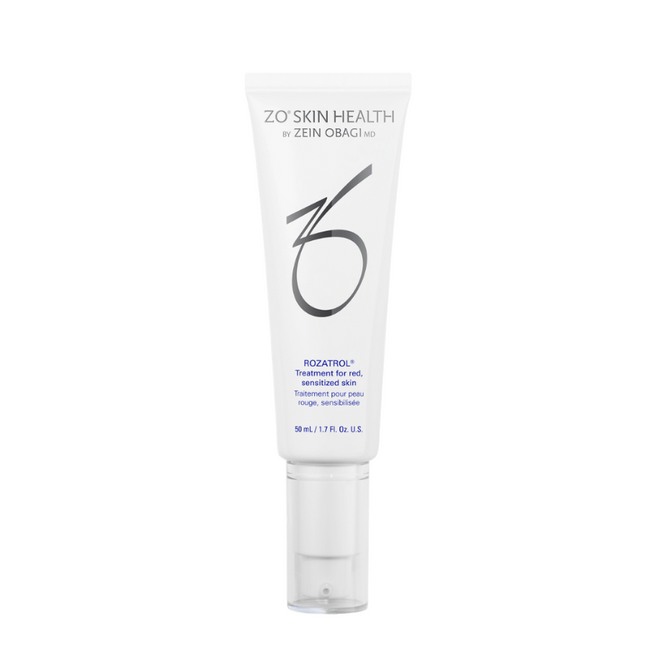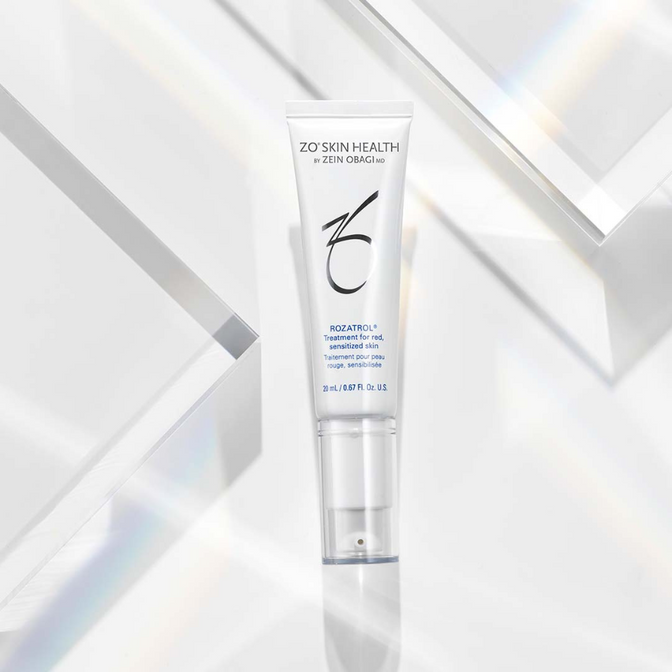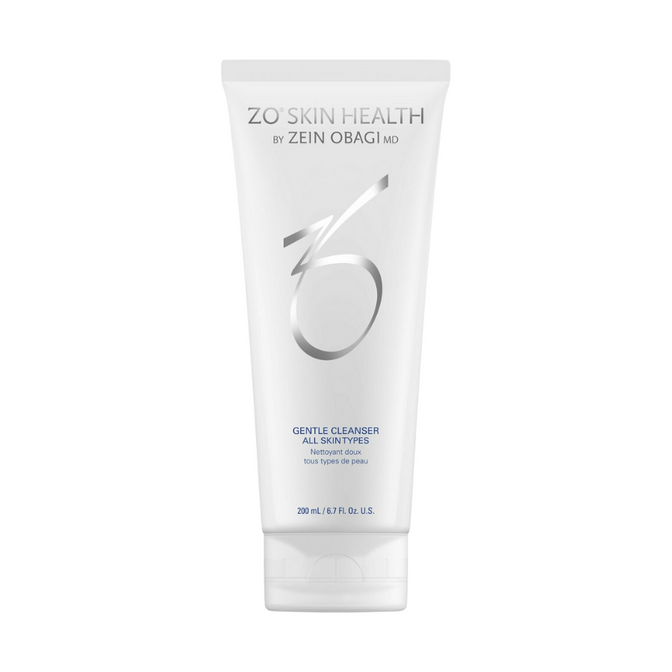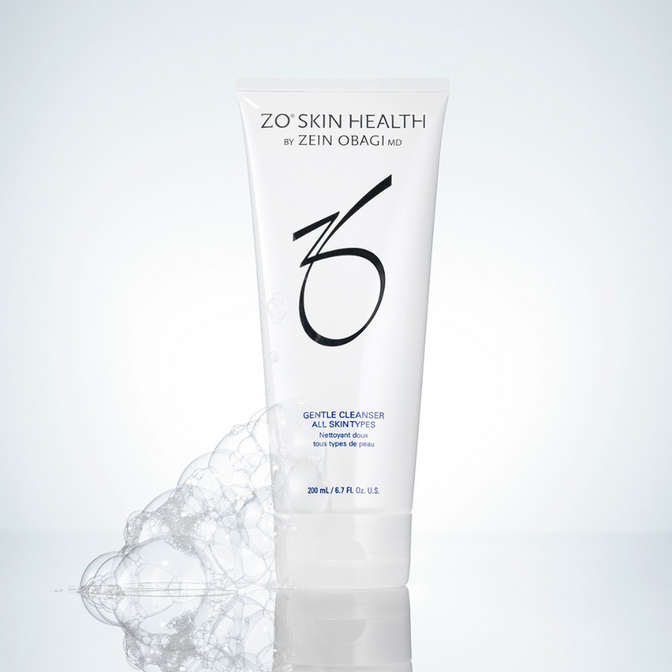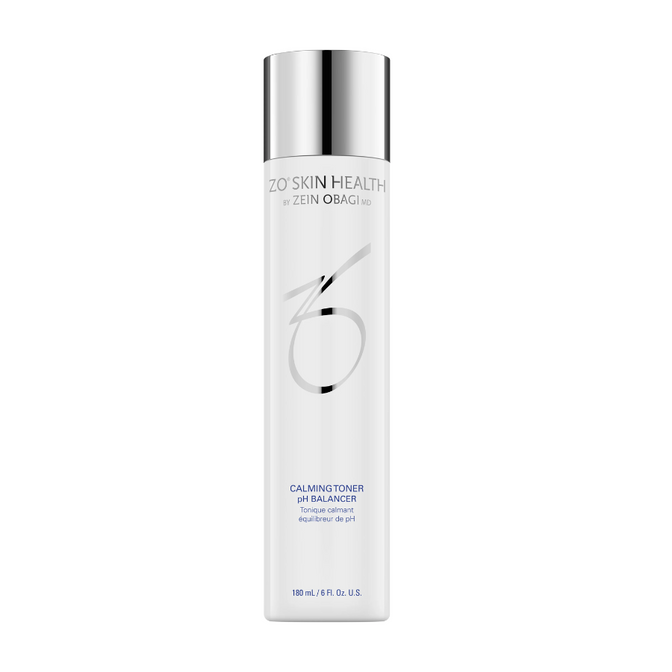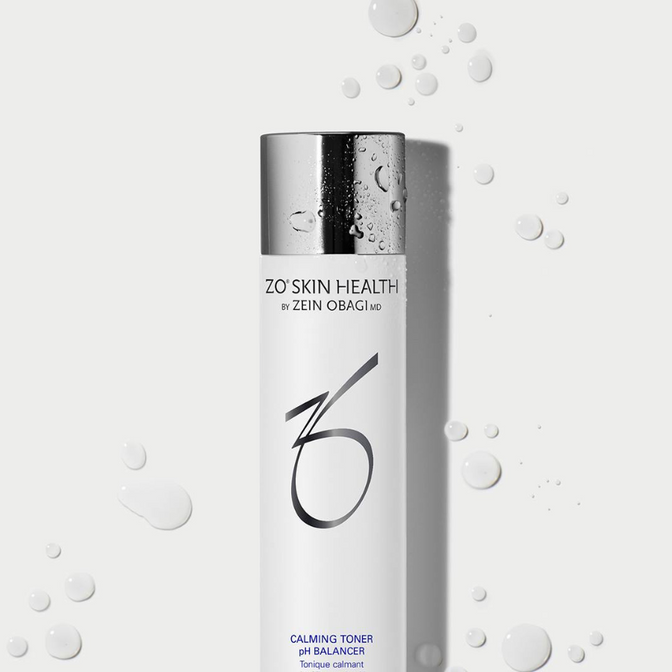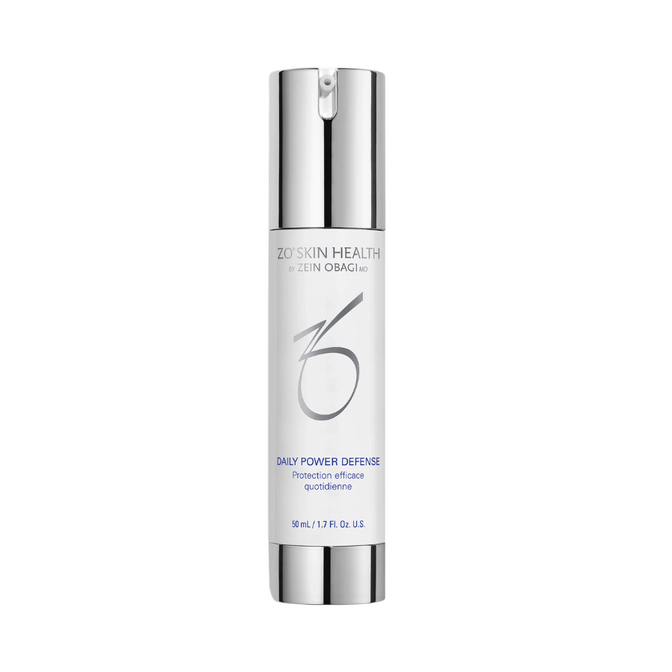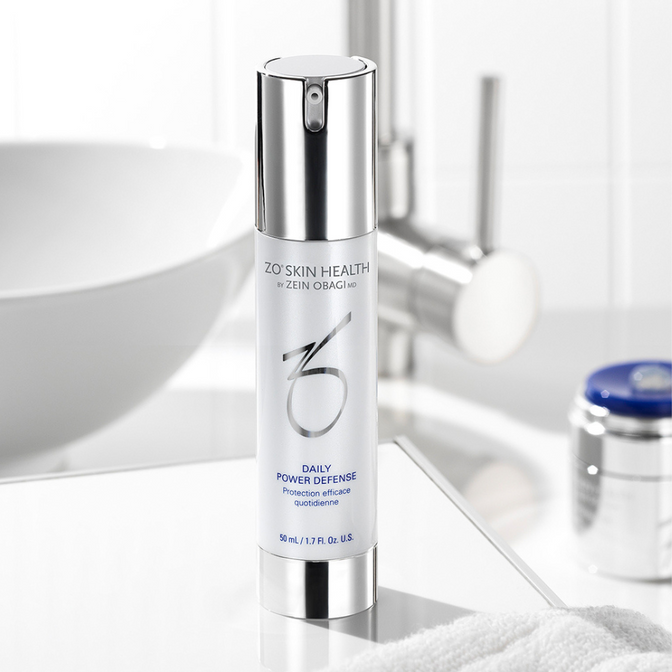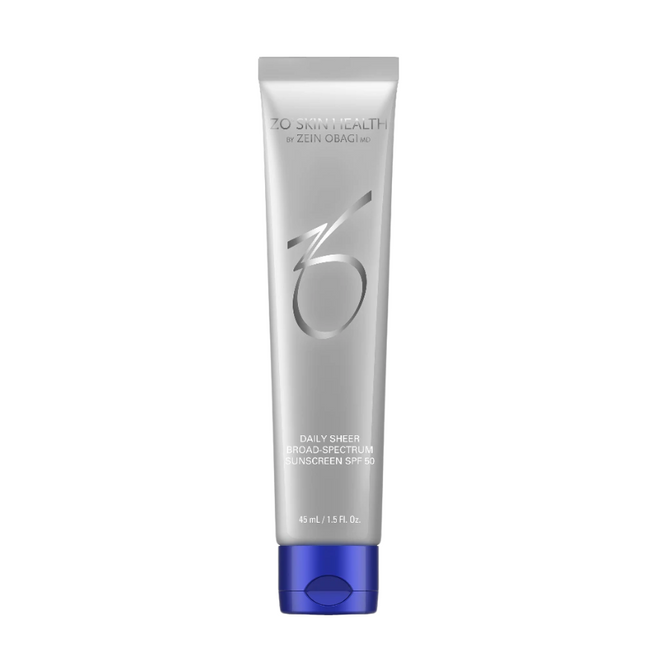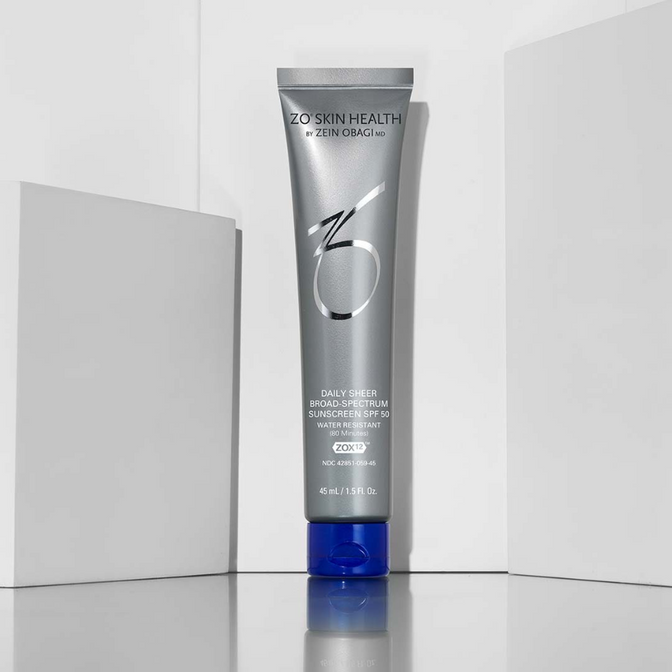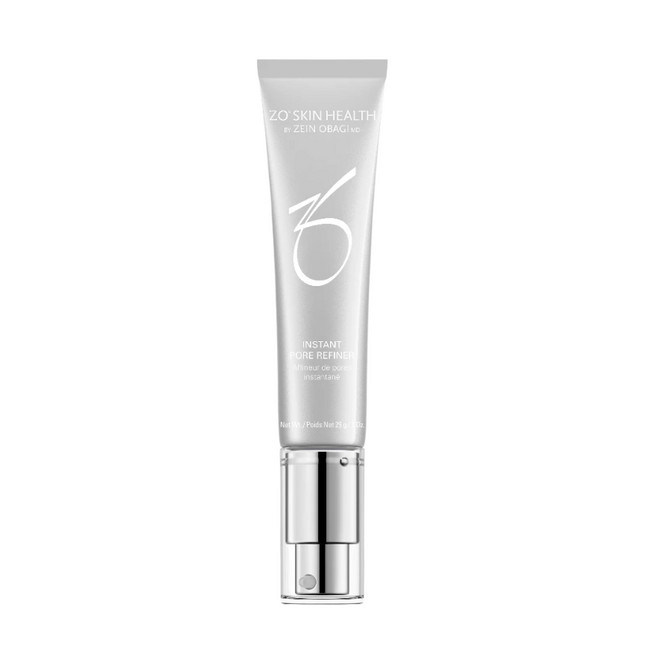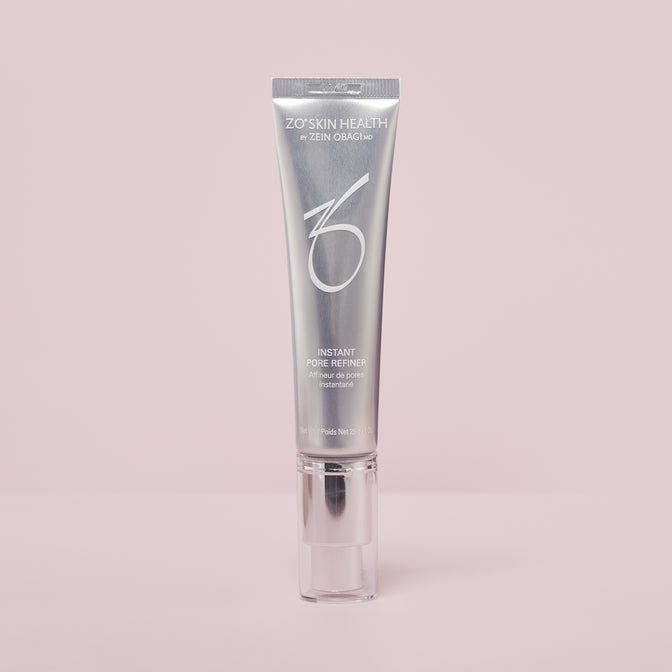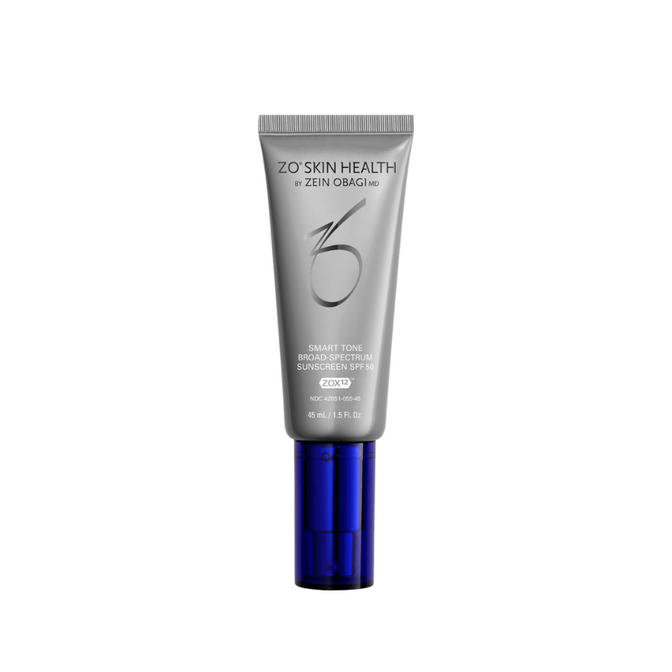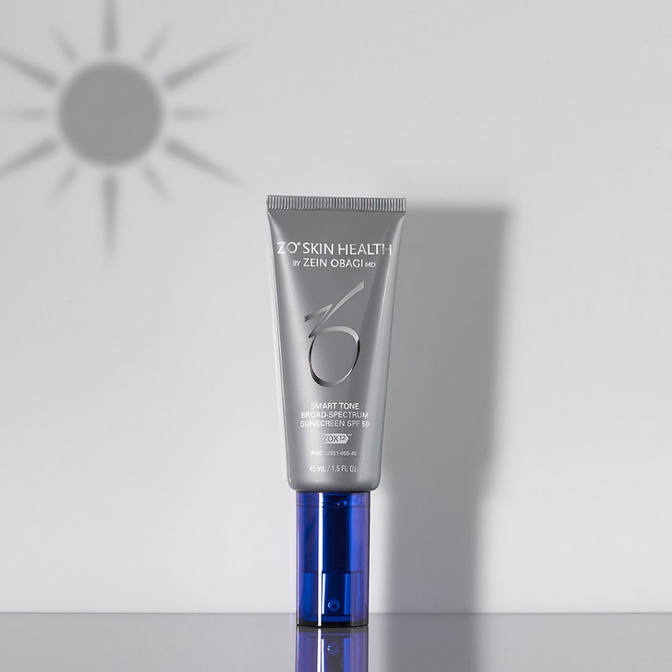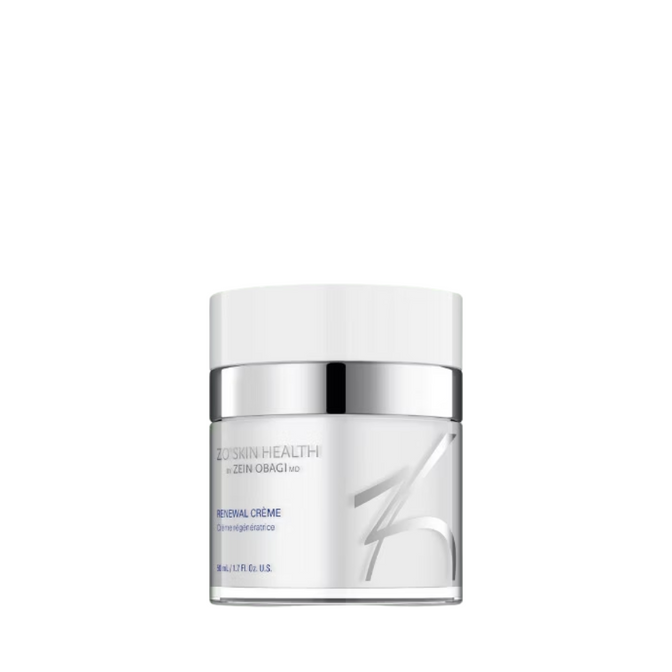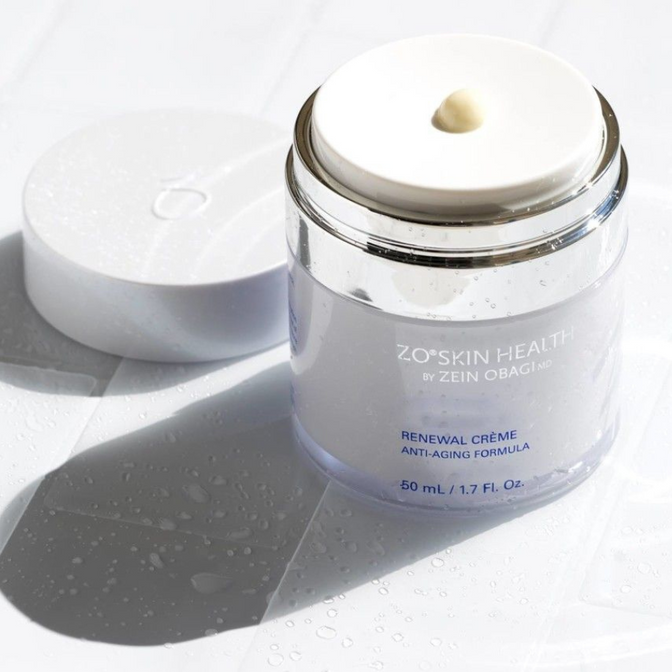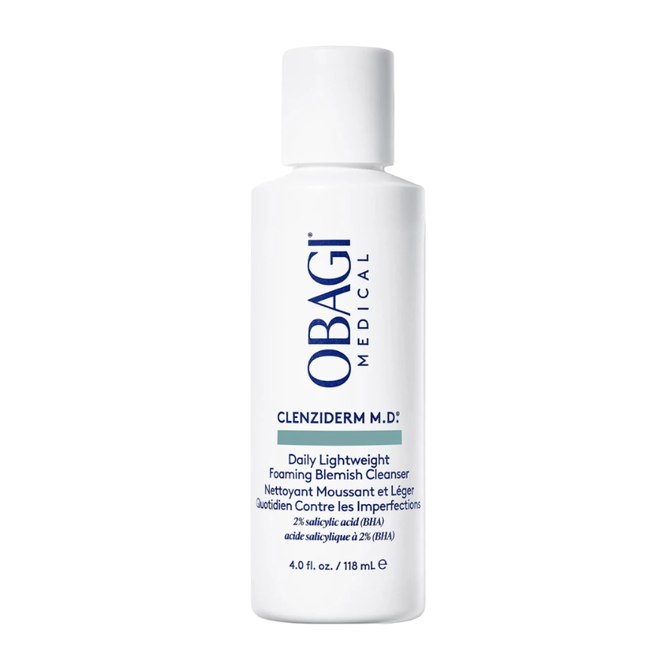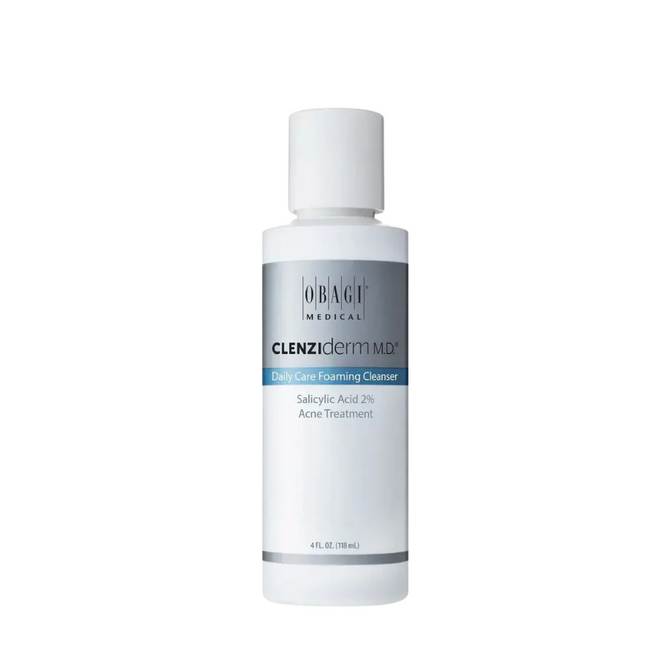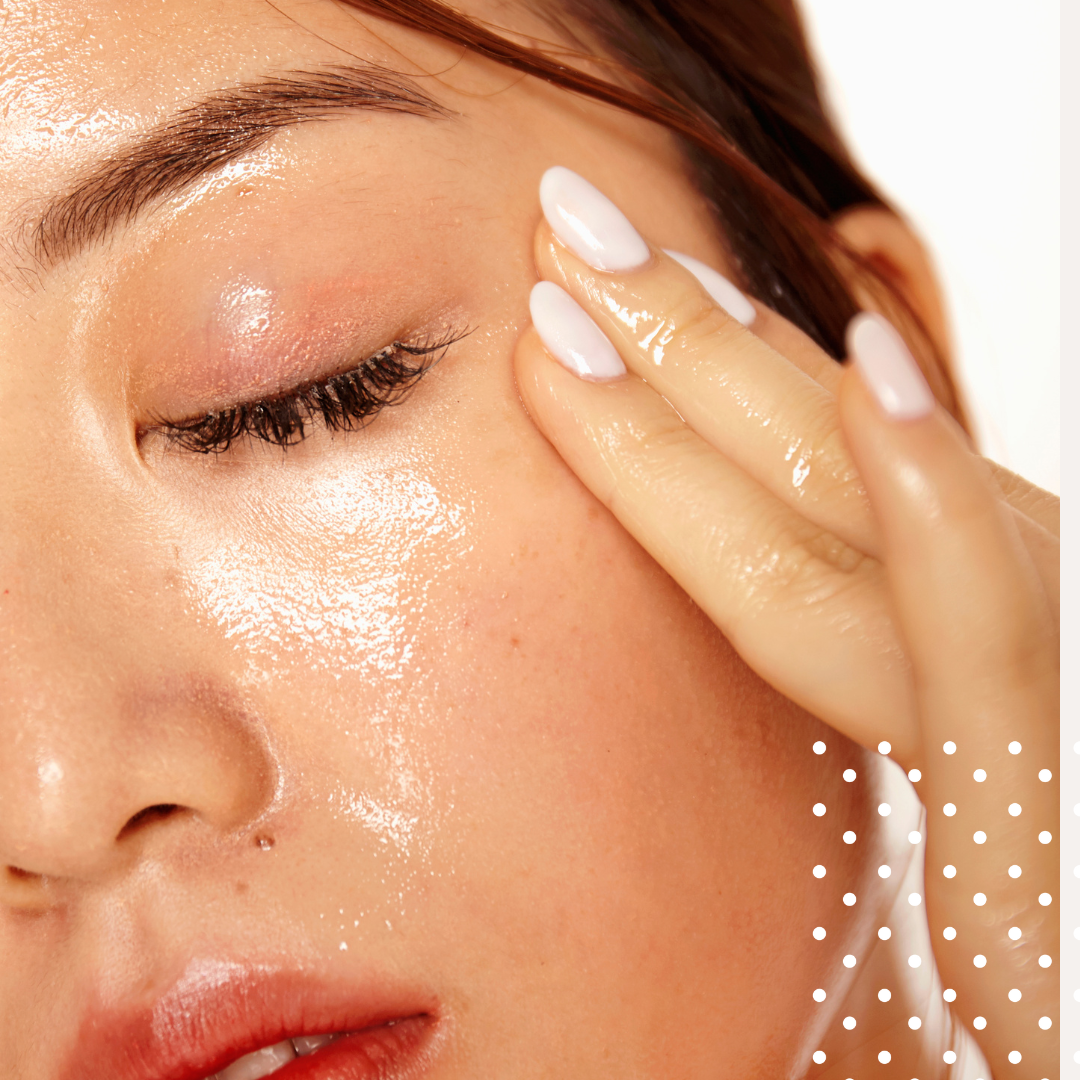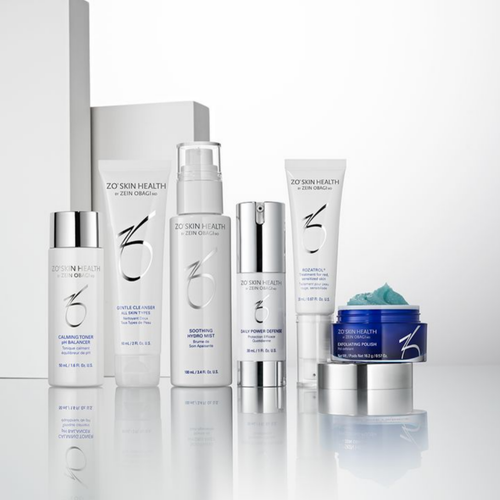Rosacea
Rosacea is a fairly common skin condition that affects the facial skin, in particular, the cheeks, nose and chin. Causes can be blood vessel abnormalities, your facial microbiome, or even genetic factors.
Acne rosacea treatments can include medication and ensuring you have the optimum skincare regime to keep the symptoms and skin redness at bay. Below, we’ve collated a round-up of professional skincare products that help to reduce the symptoms of rosacea and redness from brands including ZO Skin Health and Obagi Medical. Feel like you need a little more help? Why not book yourfree online video skincare consultation with a Face Dr Skin Expert here.
Rosacea is a chronic skin condition that causes redness, flushing, and visible blood vessels on the face. It can also cause bumps and pimples, as well as thickening of the skin, especially on the nose. Rosacea is more common in women and people with fair skin, but it can affect anyone. It typically develops in people in their 30s or 40s and can worsen with age if left untreated.
The exact cause of rosacea is not known, but several factors may contribute to the development of the condition. These include genetic factors, environmental factors, and certain lifestyle factors.
One theory is that rosacea may be caused by a problem with the blood vessels in the face. Other possible causes include the presence of certain bacteria on the skin, inflammation, and an overactive immune system.
There is no cure for rosacea, but it can be managed with a combination of medical treatment and lifestyle changes. The goal of treatment is to reduce the frequency and severity of flare-ups, as well as to improve the appearance of the skin.
Medical treatments for rosacea include prescription creams, oral antibiotics, and laser or light therapy. Lifestyle changes that can help manage rosacea include avoiding triggers that may cause flare-ups, such as hot drinks and spicy foods, and protecting the skin from the sun. Sunscreen and hats can help protect the skin from the sun's harmful UV rays.
It is important to see a dermatologist or other healthcare provider for proper diagnosis and treatment of rosacea. Left untreated, rosacea can worsen over time and may cause permanent damage to the skin.



